Story
Top 10 Horror Movies You Need To See
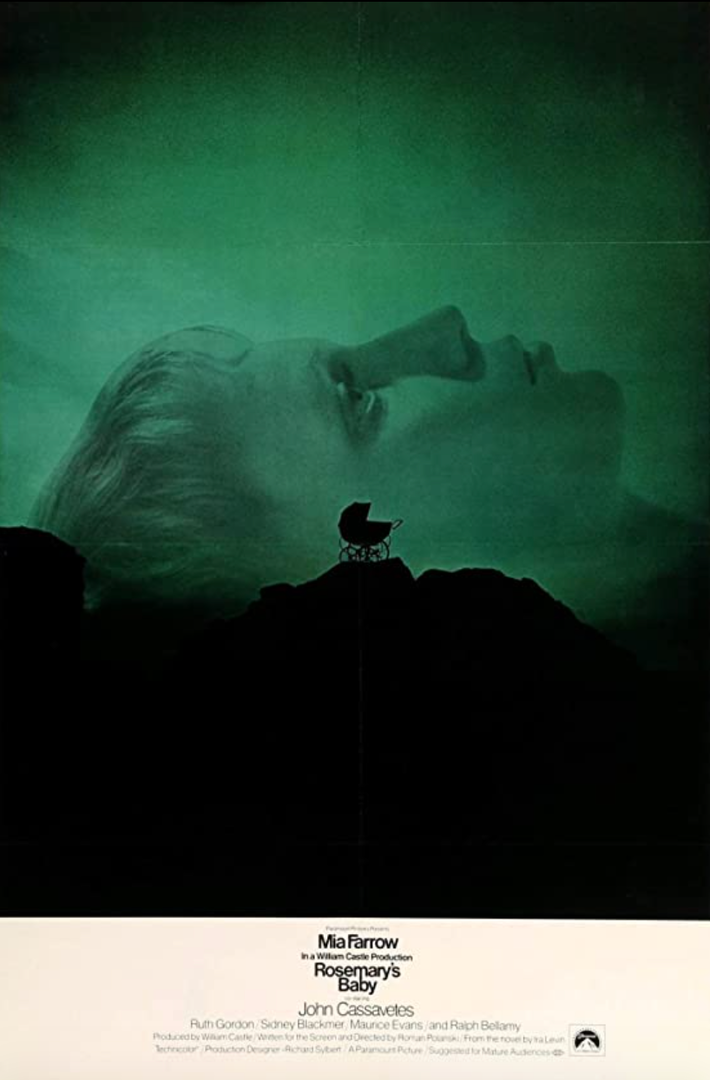
With Halloween upon us, it feels like an appropriate time to queue up a spooky movie or two. Everybody has their go-to picks, and with a genre as historically rich as horror, the options are limitless. There are the classics, as there are in any canon. Aficionados can likely rattle off the icons without much thought. Michael Myers of Halloween, Freddy Kreuger of Nightmare On Elm Street, Leatherface of The Texas Chainsaw Massacre, the many iterations of Ghostface from Scream, Jason Voorhees of Friday The 13th. Nightmares abound.
But perhaps you’re looking for something different this Halloween. Something that might have initially flown under the radar. Or perhaps something you’ve already heard of, but never felt compelled to dive into. The following ten films excel in a variety of ways, each one compelling, haunting, and as chilling as anything the genre has to offer. Should you be looking to discover your next favorite horror flick, look no further than these heavy-hitters.
ROSEMARY’S BABY (1968)

Image via IMDB
Released in 1968, Rosemary’s Baby marked the sixth feature film from the acclaimed and controversial director Roman Polanski — not to mention his first committed foray into the horror genre. Consider that North American cinematic horror was in an interesting place, with the work of Alfred Hitchcock having chilled audiences at the onset of the decade. When Polanski, Mia Farrow, and John Cassavettes connected for Rosemary’s Baby, it’s highly unlikely that audiences had the slightest clue as to what was about to hit them.
A slow-burner in the truest sense, clocking in at a respectable 136 minutes, the nightmarish Rosemary’s Baby takes its time in unfolding. Both Farrow and Cassavettes turn in excellent performances as a wealthy young couple that recently moved into a lavish apartment. Upon befriending the elderly neighbors next-door, the titular Rosemary soon finds her fortunes taking a turn for the worse. Rife with tension, haunting imagery, and one of cinema’s most iconic conclusions, Rosemary’s Baby isn’t simply one of the best horror films ever — it’s one of the best films ever, period.
THE WICKER MAN (1973)
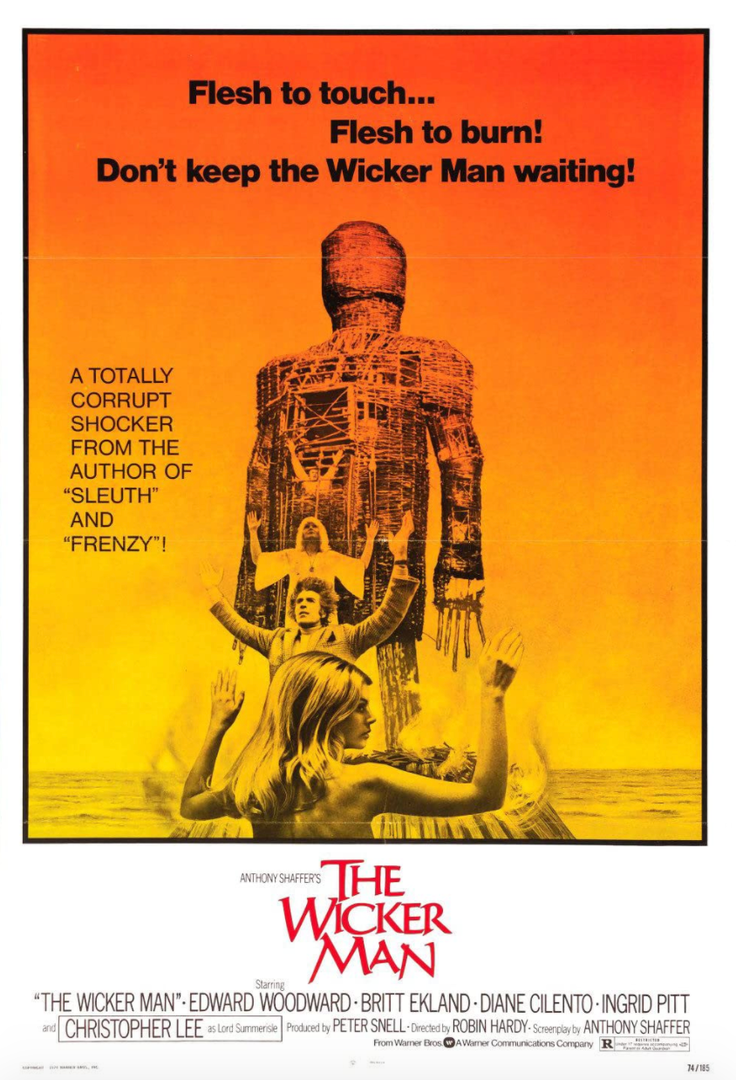
Image via IMDB
Forget about Nicholas Cage’s oft-referenced cries of “not the bees!” Better yet, forget the doomed 2006 remake of 1973 cult classic The Wicker Man ever happened to begin with. Instead, do everything in your power to get your hands on the original, directed by British filmmaker Robin Hardy. Those familiar with the horror history have likely come to witness The Wicker Man’s influence to some degree — Ari Aster’s beautiful and disturbing Midsommar would not exist without it. And upon watching the strange and hypnotic folk tale unfold in its entirety, it’s unlikely that this one will leave your thoughts anytime soon.
At its core, The Wicker Man is about the dulling religious ideologies of Christianity and Paganism. Set in a rural Scottish village, a deeply devout police officer embarks on a quest to discover the fate of a missing girl. Naturally, a darker, ritualistic truth lurks at the center, masked by the dreamlike veneer of music and free-spirited sexuality. Though some viewers may initially struggle with the film’s strange and unconventional tone, the deeply disturbing final minutes are guaranteed to leave a lasting impression long.
BLACK CHRISTMAS (1974)
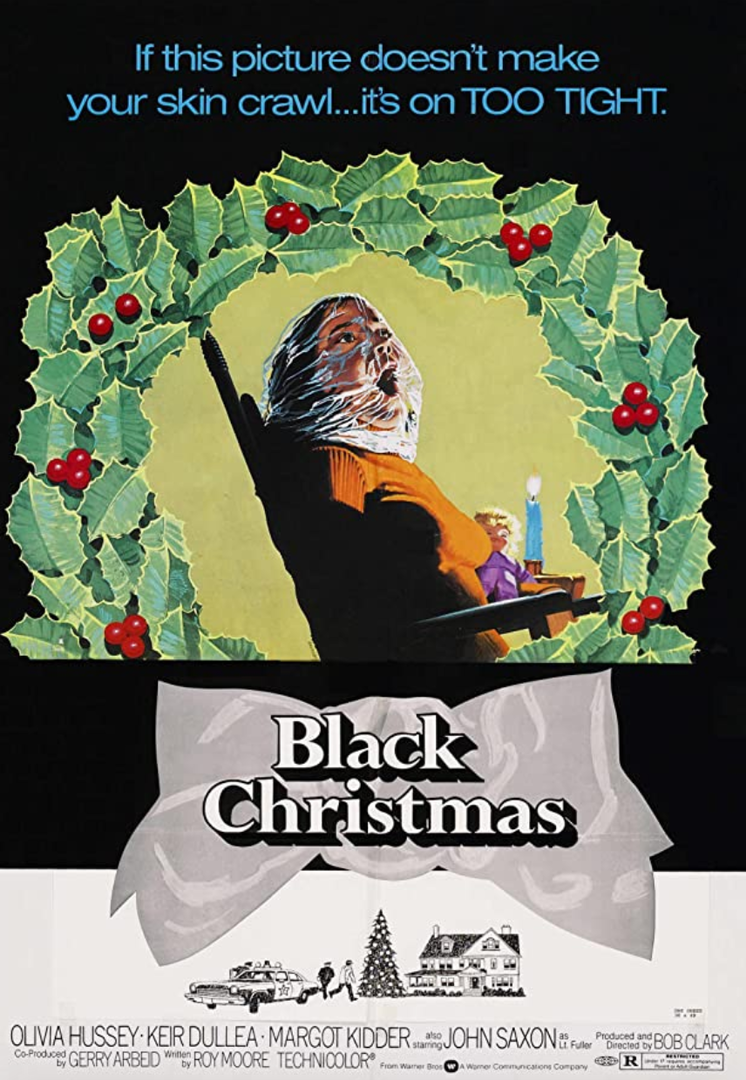
Image via IMDB
Though John Carpenter’s Halloween is widely considered to be one of the most influential films in the slasher genre, Bob Clark’s Black Christmas may very well be the true originator. Released in 1974, the Canadian film is easily one of the scariest movies of the time, with some going so far as to say ever. While that’s certainly debatable, it’s hard not to applaud the brilliant use of sound employed throughout the film — without spoiling too much, let’s just say that viewers will quickly begin dreading the sound of a ringing phone.
Despite the fact that the seventies are widely considered to be a golden era for horror cinema, Black Christmas remains a criminally underrated classic that deserves to be celebrated for the masterpiece that it is. Though he’s not as visually iconic as some of the slasher greats, the antagonist here — let’s call him Billy — will resonate on a far more disturbing level. His voice alone is the definition of nightmare fuel, and anybody unlucky enough to catch this one at night while home alone is guaranteed for a sleepless night.
SUSPIRIA (1977)
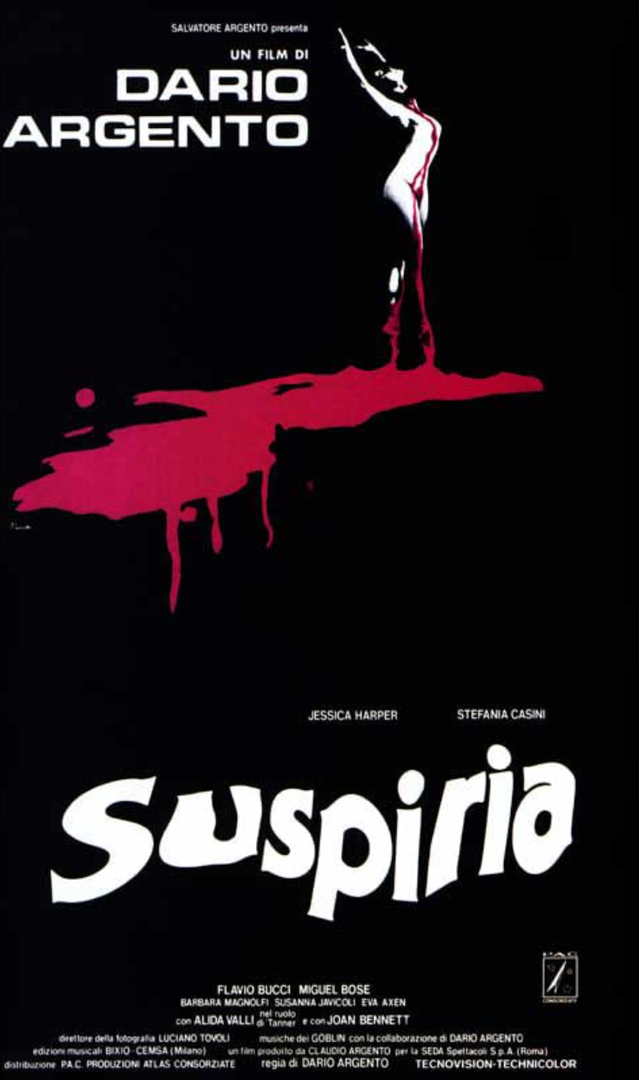
Image via IMDB
What Italian filmmaker Dario Argento’s classic Suspiria lacks in iconic scares, it makes up for in its stunning and deeply unique atmosphere. That’s not to say the film isn’t effective in its horror — there are certainly enough moments throughout designed to unsettle and disturb, doing so quite effectively at that; a claustrophobic scene involving razor wire comes to mind. But where the film really shines is in its striking visual aesthetic and absolutely incredible score, brought to maniacal life by the Italian band Goblin.
Following a young American ballet dancer’s arrival to a prestigious German dance school, it soon becomes evident that a deeper, supernatural conspiracy is underway. And like any good supernaturally-fueled conspiracy, plenty of mangled bodies and eerie imagery are scattered throughout. At its core, Suspiria is a tale of witchcraft, not unlike those told around a campfire. Here, it’s granted new life through a visionary’s touch, a delicate dance of striking visuals, immersive music, and a high-stakes plotline.
THE EXORCIST III (1990)
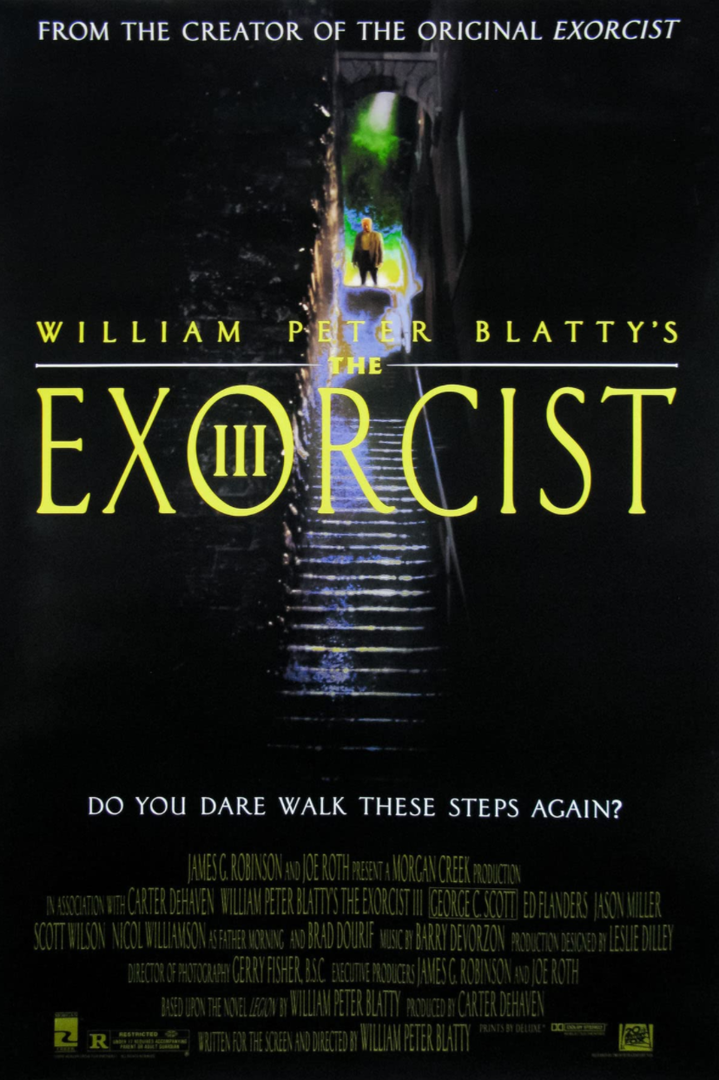
Image via IMDB
It’s no secret that horror sequels are largely considered to be forgettable at best, mind-numbing garbage at worst. Look no further than the disparity between The Exorcist and The Exorcist 2; one is a revered cinematic masterpiece, the other an unloved dumpster fire. Yet somehow, against all odds, The Exorcist III managed to rise above the permeating stench of its immediate predecessor. Directed by William Peter Blatty, who wrote the screenplay and novel to The Exorcist and its literary sequel Legion, the 1990 fan-favorite may very well be one of the most slept-on horror films ever made.
A novelist first, Blatty brings a unique sense of craftsmanship to The Exorcist III, a quality most evident in his approach to pacing. Simply put, like many great horror films it’s a slow burner — one that relishes in setting a mood and allowing its suspenseful climax to unfold. It also helps that the film features two tour de force performances from the Oscar-winning actor George C. Scott and Oscar nominee Brad Dourif, whose scenes together are some of the most electrifying back-and-forths the genre has to offer. Don’t let the straight-to-DVD-esque title fool you — the Exorcist III is brimming with merit, a satisfying conclusion to the first film and one that stands tall on its own two hoof-cloven legs.
CANDYMAN (1992)
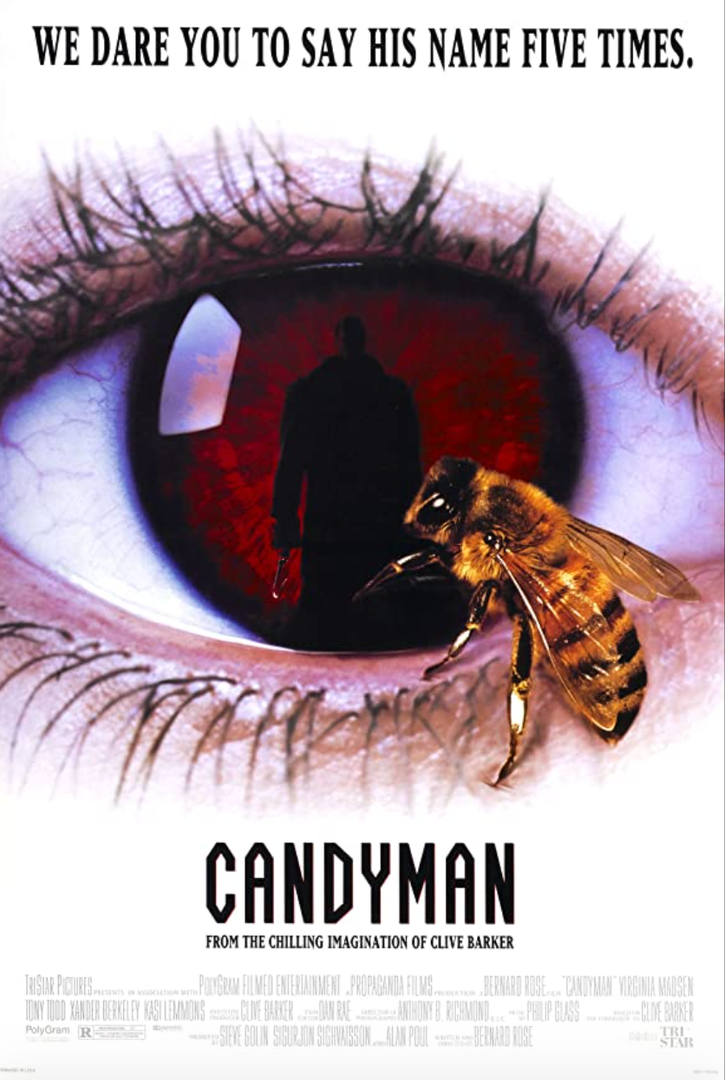
Image via IMDB
Though the upcoming Candyman sequel has since been delayed due to COVID-19, its announcement served one important purpose — raising awareness for the original 1992 flick, which starred the imposing Tony Todd as the titular character. Forever cursed to stand in the shadow of cinema’s most beloved slashers, Candyman stands every bit as menacing as merciless as the Freddy Kruegers’ and Jason Voorhees’ of the world.
Only his modus operandi centers around a complete psychological breakdown, as experienced by the doomed protagonist Helen Lyle, who finds herself thrust into his twisted world with three simple utterances. Boasting a truly disquieting score from Howard Shore, it’s hard to beat the atmosphere of Candyman, a journey well worth taking ahead of the upcoming chapter.
LET THE RIGHT ONE IN (2008)
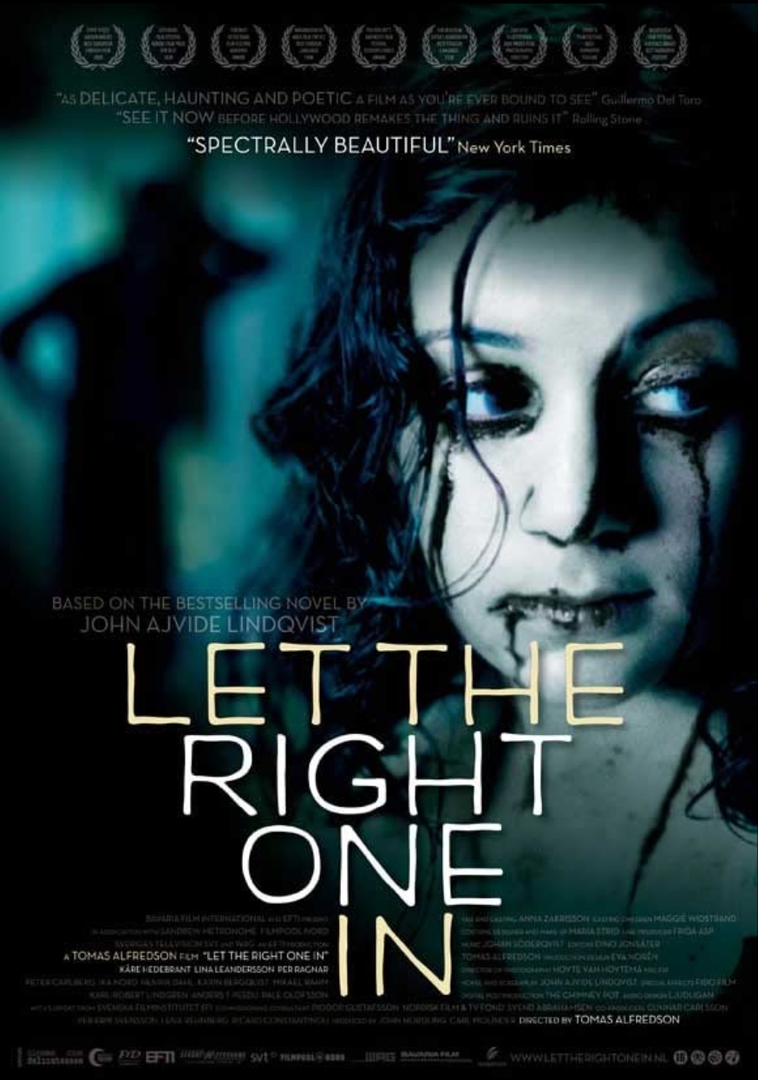
Image via IMDB
As Oldboy was an entry point into foreign film for many aspiring cinephiles, Let The Right One In served a similar purpose for worldly horror fans. Directed by Swedish filmmaker Tomas Alfredson, the critically acclaimed vampire flick is triumphant in every department; from its stark and calculated visual aesthetic to the subtle and haunted performances from its two young leads.
Like many on this list, Let The Right OneIn is a slow-burner, disturbing in its imagery and sudden bursts of violence — violence that never fails to feel impactful. In spite of that, the film manages to retain a fairy-tale quality, boasting heart not often seen in the genre. Even if you’ve already caught the North American remake Let Me In, or perhaps you’re skeptical of Vampire flicks in general — do yourself a favor and check out this absolute gem.
I SAW THE DEVIL (2010)
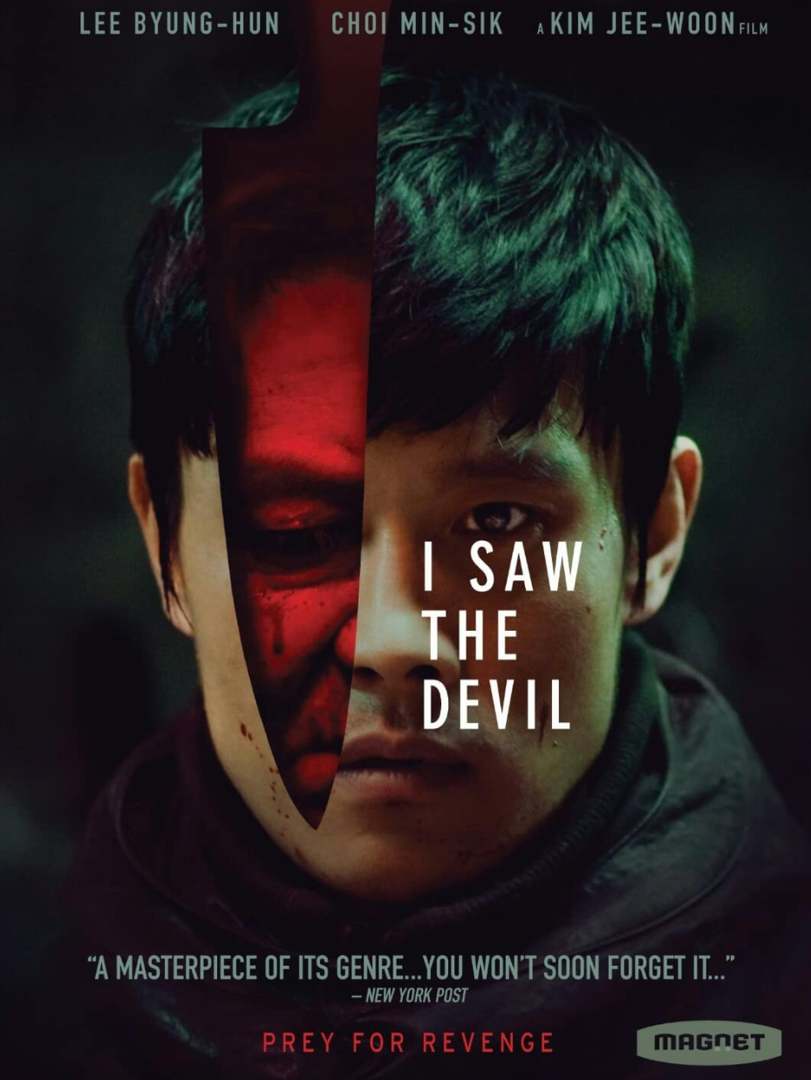
Image via IMDB
When it comes to revenge, few countries knock it out of the park like South Korea. And in that brutal and beloved genre, it’s hard to top the gruesomely bloody and brilliantly-acted cat-and-mouse tale that is I Saw The Devil. Starring Lee Byung-hun and a triumphant Choi Min-sik (who you might recognize from Oldboy), the film’s plot is simple enough. After a NIS agent’s wife is murdered by a serial killer, he becomes hellbent on achieving vengeance no matter the depths. And rest assured that this particular hole goes deep, as both parties are well-matched in their ability to dole out violence and cruelty.
A little bit of descent-into-madness here, a little bit of cannibalistic mayhem there– hardly any ground goes uncovered. Simply put, few films are as unforgiving as I Saw The Devil, as compelling and thrilling as it is emotionally draining. Essential viewing for any true horror fan, especially those who enjoy their revenge served cold.
BONE TOMAHAWK (2015)
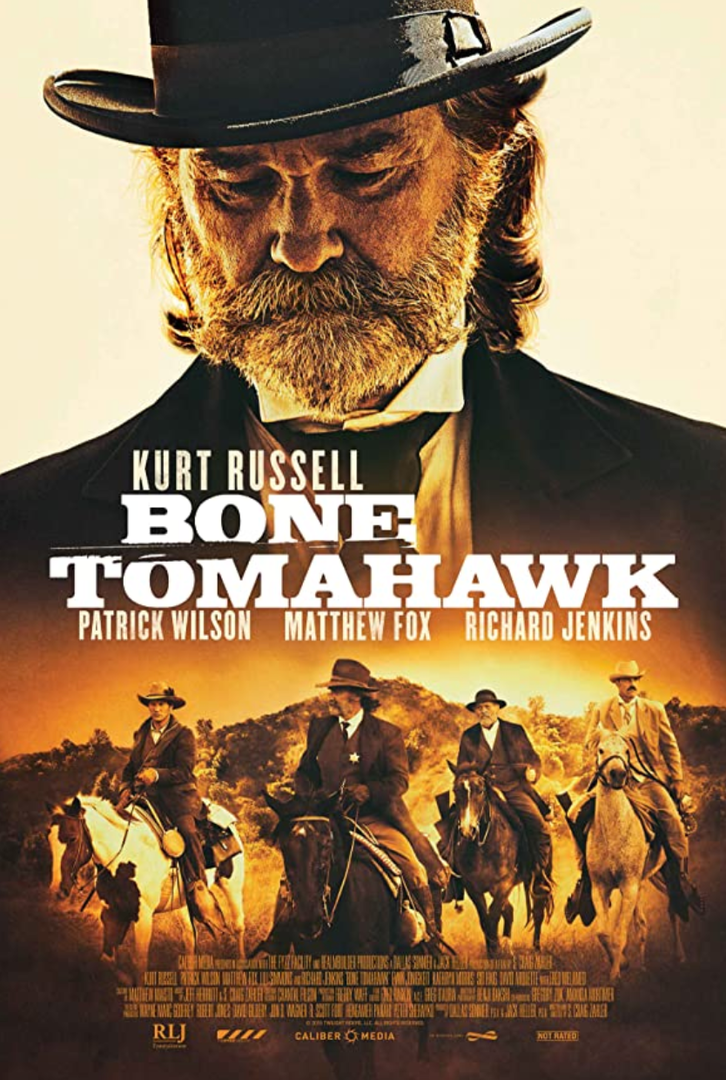
Image via IMDB
A film that largely flew under the radar, S. Craig Zahler’s western-horror Bone Tomahawk is the epitome of a hidden gem. Boasting a solid ensemble cast of Kurt Russell, Richard Jenkins, Patrick Wilson, and Matthew Fox, the film centers around four men’s quest to save an innocent woman from a terrifying tribe of cannibals. What might sound like a pulpy b-movie on paper translates magnificently into something far more intricate on-screen.
Dialog leaps off the page as characters are given room to evolve, and when the horror is given center stage, Bone Tomahawk does not hold back, boasting some of the most brutal violence ever put to screen. And yet never does it feel gratuitous, but rather earned — a testament to Zahler’s ambitious vision and a cast wholly dedicated to his mad cause. Be sure to add Bone Tomahawk to your queue, especially if you’ve been fixing for an honest-to-goodness western to satiate those Red Dead Redemption 2 cravings.
THE WAILING (2016)
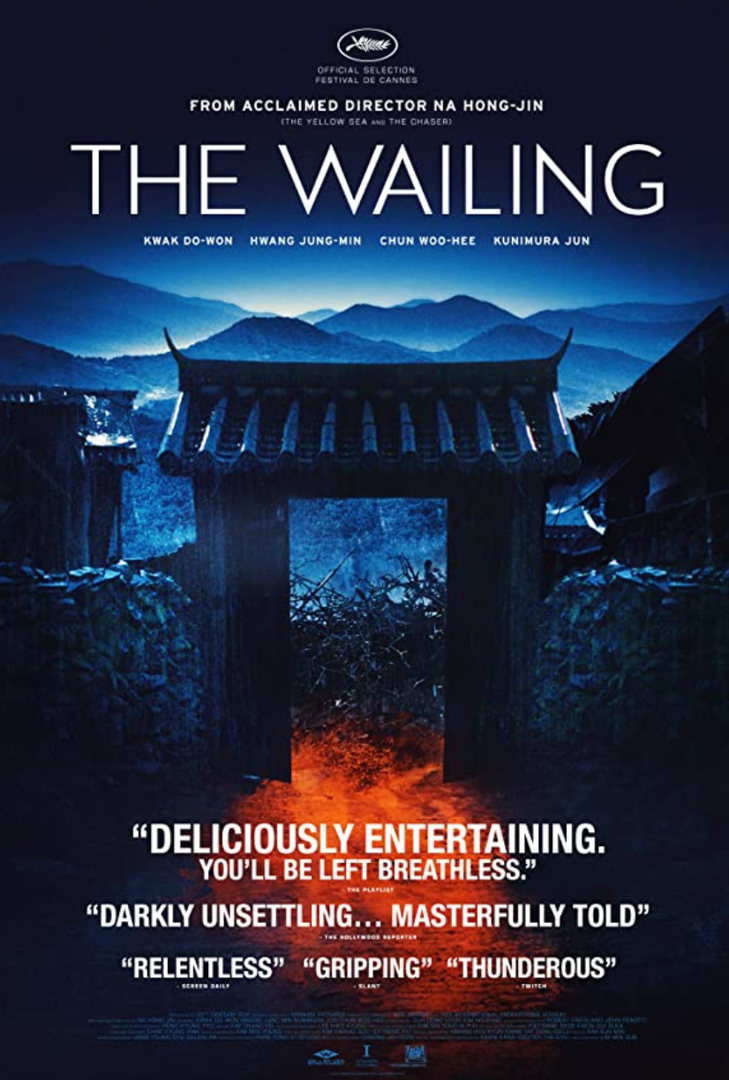
Image via IMDB
While The Exorcist is largely hailed as the crowning achievement in the demonic possession horror subgenre, 2016’s The Wailing feels like a modern-day contender for the title. Another entry from South Korea, this time coming courtesy of director Na Hong-jin, The Wailing takes its time in allowing the mystery to unfold. Forever one step ahead of the viewer, Hong-jin’s layered tale takes place in a small village ravaged by a mysterious plague. It doesn’t take long for suspicions to fall upon a mysterious Japanese stranger, who stands at the center of several ominous rumors.
The Wailing stands triumphant as an incredible film for myriad reasons, including an ending destined to haunt your memory long after the credits roll. But beyond that, it serves as a thought-provoking deconstruction of good and evil, one that poses more questions than it answers — at least, on the initial viewing. For those willing to take the plunge, few films boast such replay value as this South Korean horror epic, which earns that title through a massive two-and-a-half-hour runtime. A personal favorite, and a must-watch for anyone seeking a potent dose of existential dread.
Story
Kieran James Honors Memory with “Part of the Grind”

Singer-songwriter Kieran James delivers a devastating new single with “Part of the Grind,” a track to tackle the tangled emotions behind loss and memory. A love letter penned to a close friend who faced severe cognitive decline, the song’s emotional heft feels universal yet heartbreakingly personal.
Set to delicate instrumentation and achingly sung vocals, “Part of the Grind” is both a lament and an honoring, a means of remembering while addressing the unavoidable cost of time and illness. His voice floats, leaving room for silence and the long pauses that so often come with grief. But in that silence, there is warmth as well, a refusal to let memory be totally extinguished.
Resilience is also implied in the song’s title, a reminder that even in heartbreak, life goes on and holding the memory of someone stays with the rhythm of everyday living. it’s an anthem for anyone who has ever looked on witnessing decline, mixed sorrow with love.
In Kieran James’s “Part of the Grind,” we hear music as well as go behind it. He gives us room feel, to mourn, and to honor. In the process, he turns private pain into something achingly universal, a song for everyone who has either loved or lost.
Story
Esthy glows up with joy on new anthem “light it up”

In her latest song, “light it up,” singer-songwriter and producer Esthy from LA brings a vibrant and uplifting vibe that feels like sunshine in musical form. By mixing elements of playful country with polished pop sounds, she creates a track that’s all about having fun and enjoying life.
Esthy’s singing truly shines, showcasing a lively and confident style. There’s a playful tone in her voice that makes the lyrics feel friendly and inviting, encouraging you to set aside your worries and immerse yourself in the moment.
“light it up” radiates energy and is lively and bright, featuring catchy guitar riffs and upbeat rhythms that draw you in right away. If you enjoy artists like Anne-Marie or OneRepublic, you’ll love this song, and Esthy adds her unique flair, making it special and memorable.
Esthy has a talent for creating catchy melodies, and with this one, you’ll find yourself humming throughout your day. Esthy is here to spread joy, inspire energy, and make music that connects with you instantly. This track is designed to remind you of your true unstoppable nature, and Esthy lights it up.
CLICK HERE TO STREAM Esthy’s “lights it up” on Spotify.
CONNECT WITH Esthy | Instagram | TikTok |
-
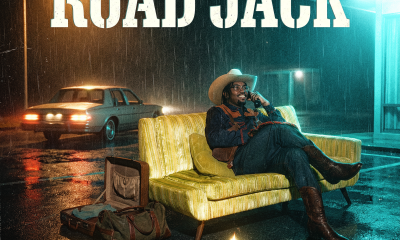
 Artist Spotlight3 days ago
Artist Spotlight3 days agoBilly Chuck Da Goat turns walking away into a bold statement in latest release “Road Jack”
-

 Artist Spotlight7 days ago
Artist Spotlight7 days agoGOODTWIN shares reflection with indie-pop single, “Soak It Up”
-

 Artist Spotlight3 days ago
Artist Spotlight3 days agoMamas Gun and Brian Jackson shines light on the truth on latest release “DIG!”
-
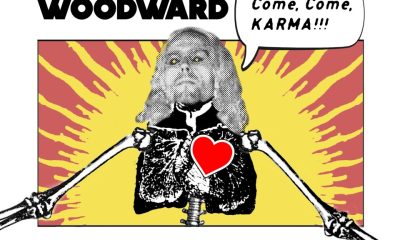
 Artist Spotlight5 days ago
Artist Spotlight5 days agoTom Woodward exposes the dark side of modern idol worship in latest release “PHONEY MESSIAH”
-
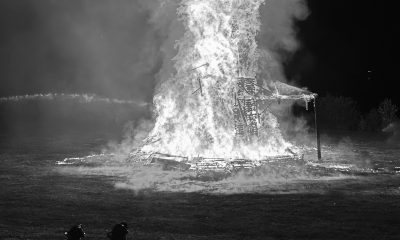
 Artist Spotlight5 days ago
Artist Spotlight5 days agoSAMSARA transforms quiet heartbreak into a modern rock journey on latest release “mrs. porter”
-

 Artist Spotlight5 days ago
Artist Spotlight5 days agoMORPHEUS VON DOBENHAUSEN lets go of the chaos, dancing steady soft and slow in latest release “GOODBYE CHAOS”
-

 Artist Spotlight3 days ago
Artist Spotlight3 days agoBromsen crafts a suspension between attachment and release in new single “Concendrain”
-

 Artist Spotlight5 days ago
Artist Spotlight5 days agoSkillMusicsa speaks in silence when love fades with latest release “How Could You”

